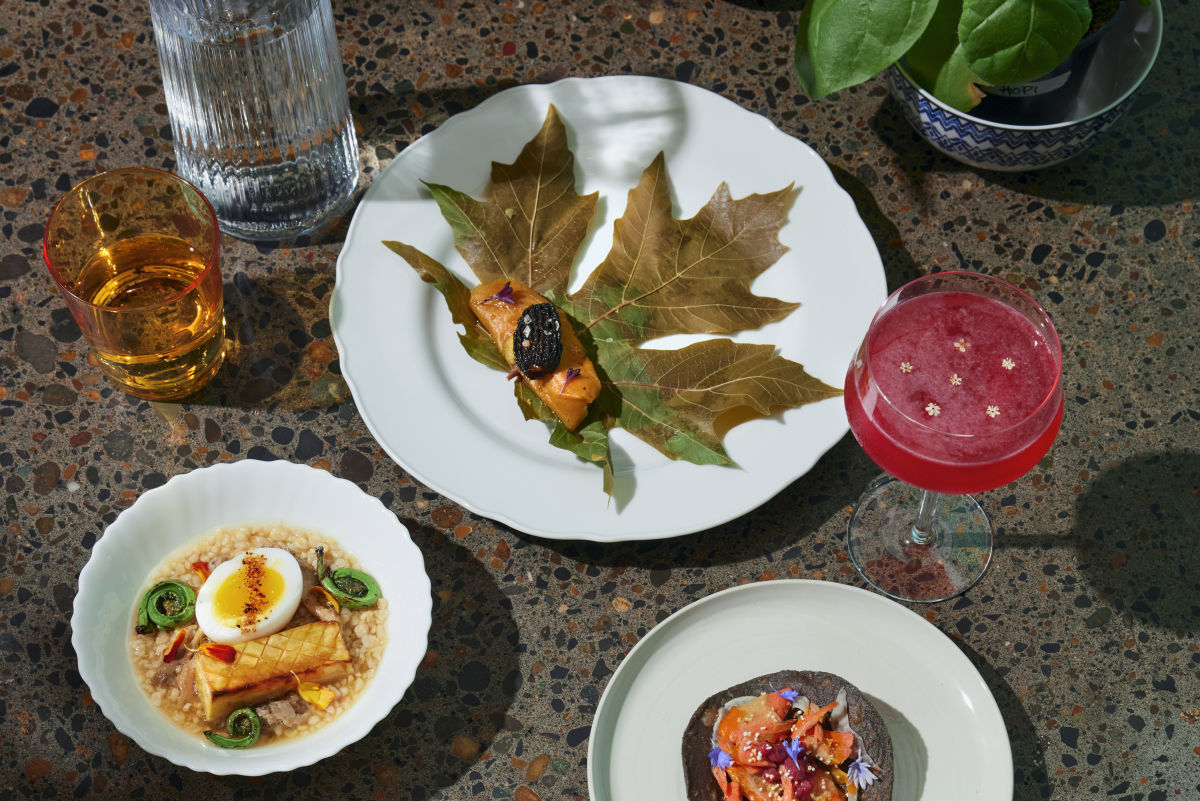
"If you tried to order a hamburger in ancient Rome, it wouldn't come with fries. No ketchup either: Tomatoes and potatoes wouldn't reach European shores until the sixteenth century. Five thousand miles away in what is now called the Pacific Northwest, there'd have been no lettuce, mustard, or sesame seeds for the bun. Cows and pigs aren't native to the Americas, so elk or bison would have to sup for an all-beef patty."
"In 2025, things are a bit different: The agricultural bounties of both hemispheres are in ready supply, and sophisticated cooking methods have become incredibly convenient. Many historic recipes and traditional techniques of the precolonial world have fallen out of favor or been lost entirely; certain ingredients have even gone extinct. But two Portland area restaurateurs are running it back to the ancient foodways that shape what, and how, we eat today."
"They were cooking at an Italian restaurant and were struck by a question: What would the original Italian food look like? Before there was a nation known as Italy, before tomatoes came to Europe, before even the fork itself found popularity, there was Rome, a vast empire that stretched, at its height, from the British Isles to the Nile River."
Ancient Roman and precolonial American diets lacked many foods now common, including tomatoes, potatoes, lettuce, mustard, and sesame seeds, and relied on local fauna like elk or bison instead of cows and pigs. By 2025, crops from both hemispheres and modern cooking techniques are widely available, yet many historic recipes and techniques have declined or disappeared and some ingredients have gone extinct. Two Portland restaurateurs are reviving ancient foodways and recreating historical dishes. Caraway Alexander pursued recreating ancient Roman cuisine, framing original Italian food before tomatoes, forks, and a unified Italy, and operates the pop-up Salona offering adaptations like barley-crusted wings and fermented fish sauce. Alexander discovered cooking in their twenties after leaving political science studies and chose culinary practice over formal academic paths.
Read at Portland Monthly
Unable to calculate read time
Collection
[
|
...
]